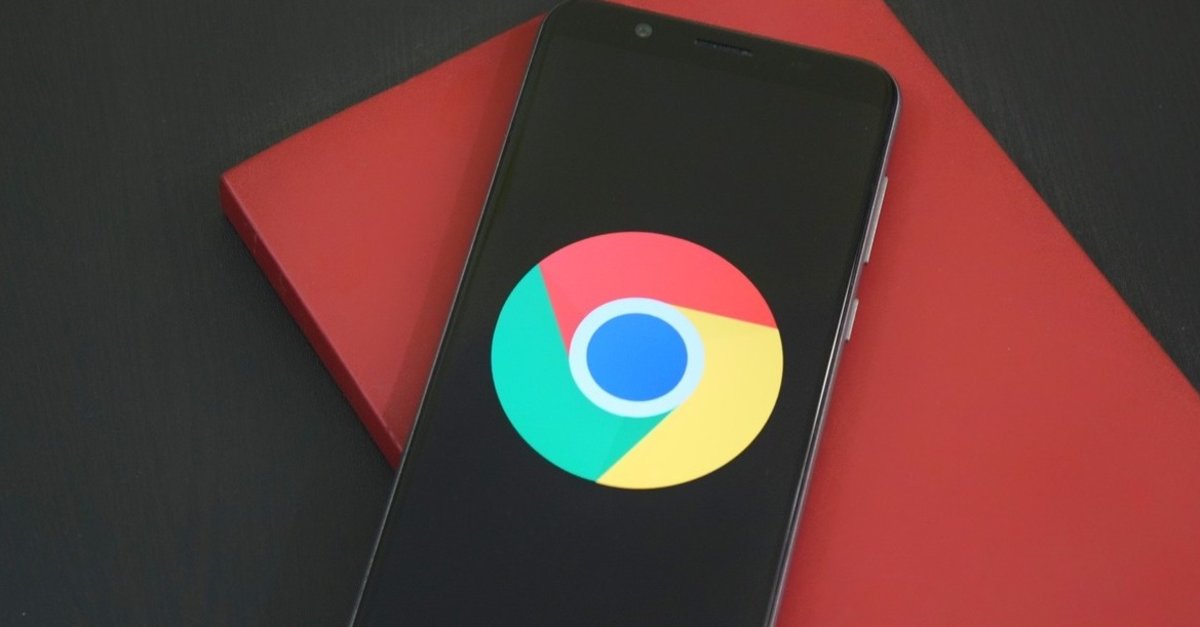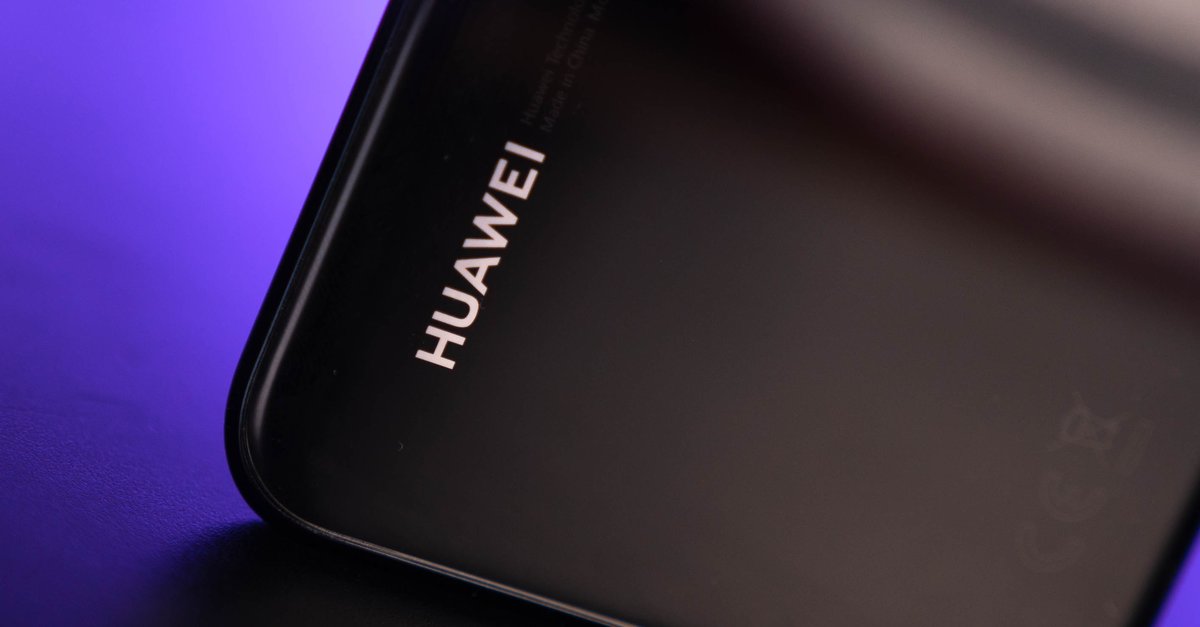For iOS users, Google plays it safe
For many users, privacy is increasingly a criterion when choosing an operating system or app. Developers are increasingly satisfying user demands with security functions. Google Chrome now pulls out heavy guns on iOS.
Version:88.0
Languages:German
License:Freeware
Platforms:Windows Vista, Windows 7, Windows 8, Windows, Windows 10
Chrome for iOS: Google protects private tabs with Face ID
Google wants to make private tabs in its Chrome browser on iPhone and iPad even more secure: The company plans, as media reports, to block open incognito tabs for all users with an additional security feature in the future. This means that these tabs remain private even if someone gets their hands on the unlocked smartphone.
Specifically, Apple’s Face ID should be required under iOS – or Touch ID on devices such as the iPhone SE and the new iPad Air to display the incognito tabs. Users should be able to activate it in the privacy settings of Chrome – but only in version 89 of the software.
What belongs on the smartphone in addition to Google Chrome:
Version 88 also expanded security functions
Google recently released version 88 for Chrome on Android. In addition to numerous security updates, the new software also includes a new search function for tabs and new security features for passwords. Similar to Safari on iOS, the browser now warns users of passwords that are too simple and immediately presents the appropriate link to change them on the respective website.
On Android, Google recently added a function that had been available on iOS for a number of years: users can now save articles in a reading list without additional apps and later access them offline. Google brought the Chrome browser to the standard of the iOS version with the new function. The reading list has been integrated into the browser there since 2017.



